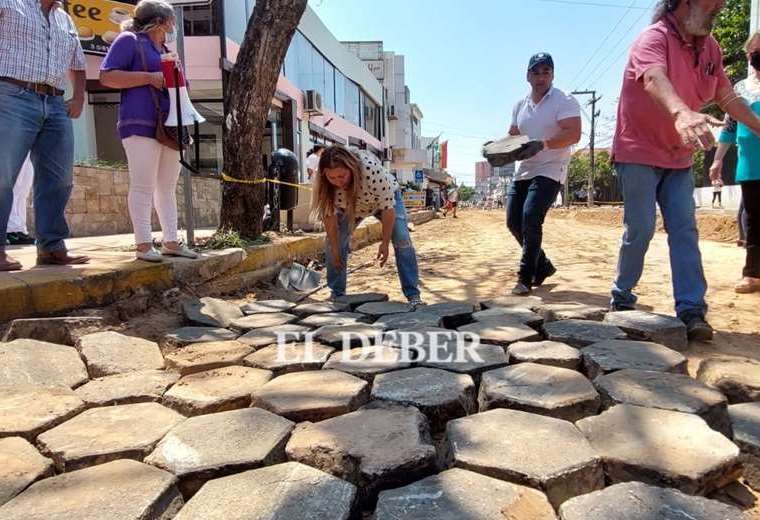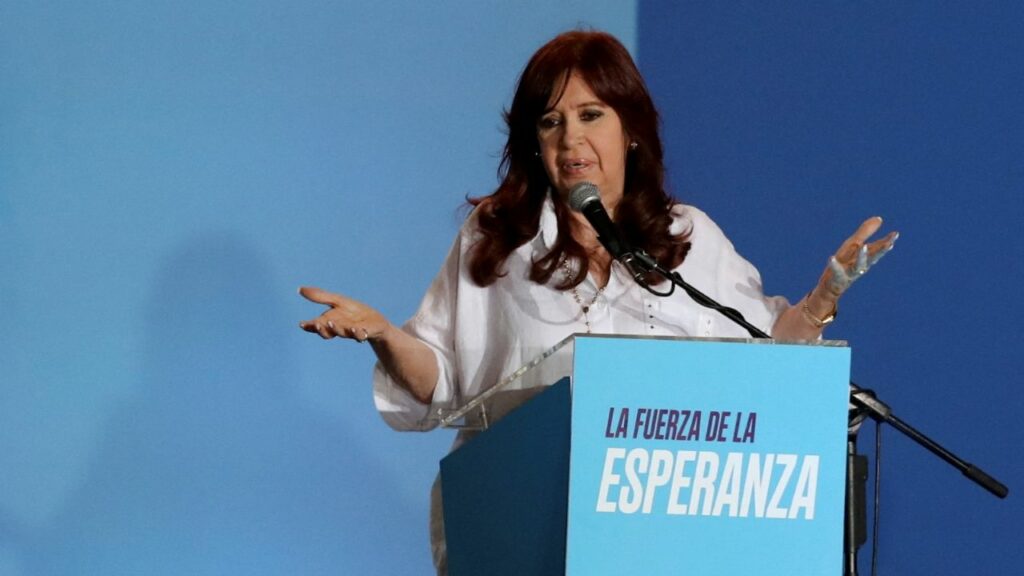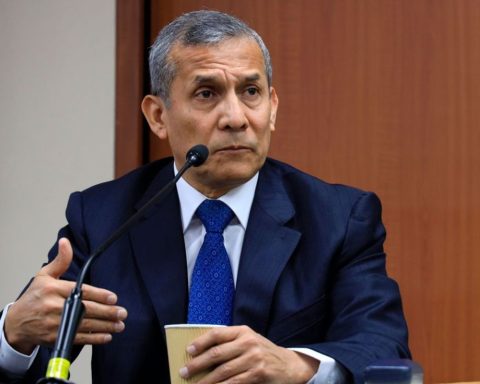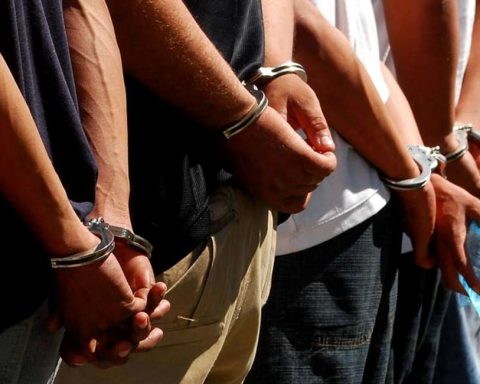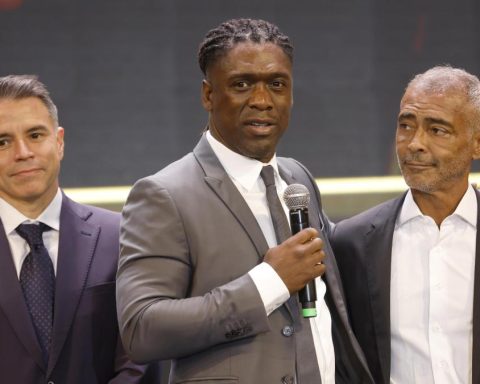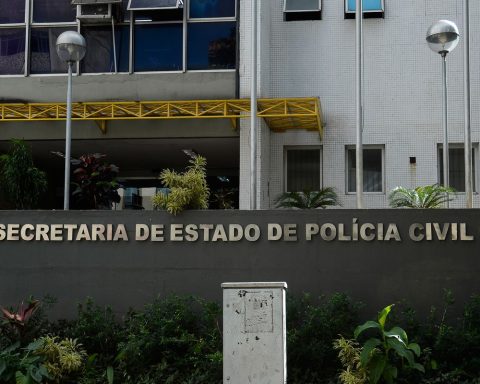December 10, 2022, 21:56 PM
December 10, 2022, 21:56 PM
The spontaneous action of citizen groups in Bolivia in causes of various kinds is part of a global phenomenon that grows with the greatest mistrust in political parties and dominant ideologies, and that is oriented to the construction of new forms of representation, participation and organization of civil societystated the sociologist Renzo Abruzzese.
“The State is not, anywhere in the world, capable or ready to absorb identities; it was formed through the great paradigms of capital and labor. Consequently, it does not have the mechanisms of representation and participation of a multiplicity of identities that can only exist in a democracy. That is the conflict”, explained Abruzzese on EL DEBER Radio.
These identities They are bearers of a set of rights, expectations and demands that are articulated around national or local common interests, as happened with 21F and the stoppage of the removal of tiles from the historic center of Santa Cruz, respectively.
“Citizens are not following ideologies, they focus on issues of interest and with direct impact”, asserted Rubén García, an activist for citizen participation.
In these movements, leaders are not necessary, because “there is a lack of leadership at all levels (…). If they are not going to take charge, there will be someone who will take charge and that is how great things can be achieved, the activist remarked.
The case of the tiles in the center of Santa Cruz is “a sign that power cannot surpass us,” said García, who considers that “the exercise of citizenship has to do with limiting the power of the State”.
“The Bolivian city that has best been incorporated into capitalist modernity is Santa Cruz, that is why these phenomena occur in this city, because they are typical of the historical development of modernity,” concluded Abruzzese.
